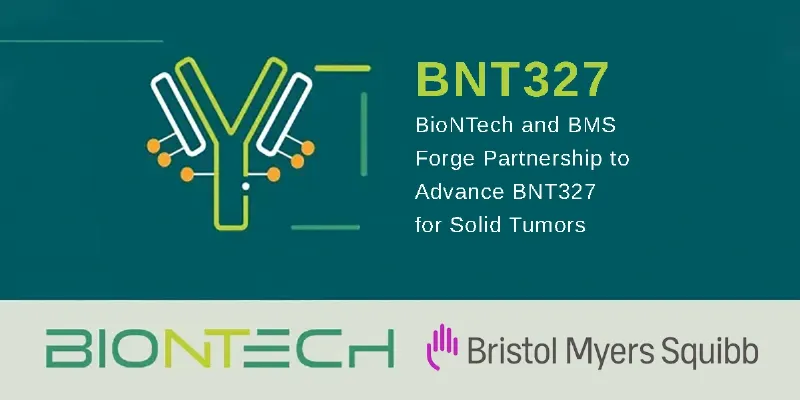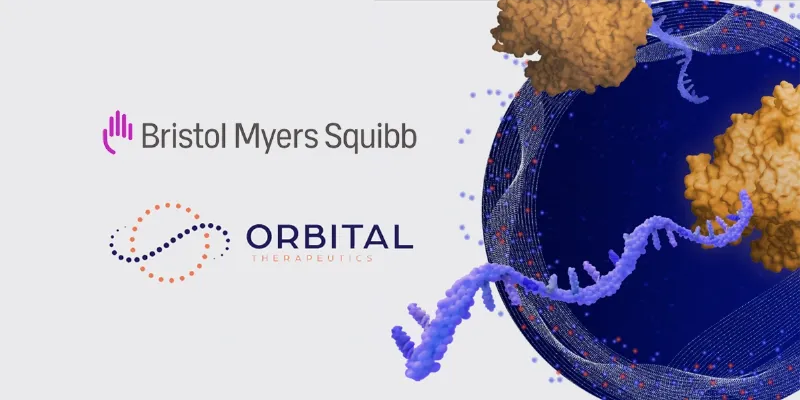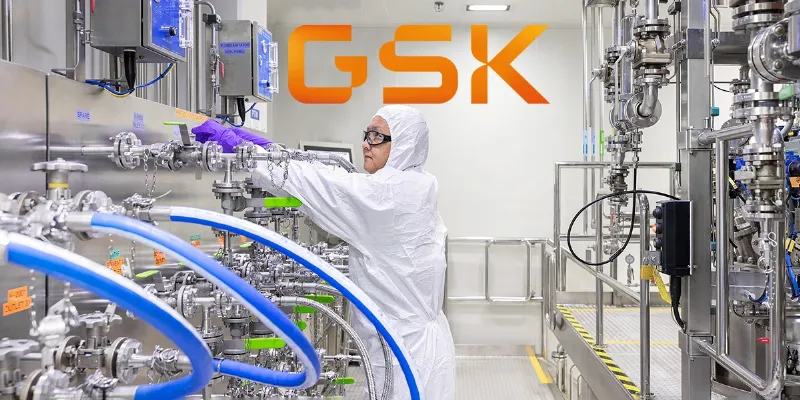BioNTech and BMS Forge Partnership to Advance BNT327 for Solid Tumors

2 June 2025
BioNTech SE and Bristol Myers Squibb have partnered to co-develop and co-commercialize BNT327, a next-generation bispecific antibody targeting PD-L1 and VEGF-A in over 10 solid tumor indications. The deal includes a $1.5 billion upfront payment, $2 billion in additional payments, and potential milestones up to $7.6 billion. Ongoing Phase 3 trials target ES-SCLC, NSCLC, and TNBC.
BioNTech SE and Bristol Myers Squibb (BMS) have announced a global collaboration to jointly develop and commercialize BNT327, an investigational bispecific antibody that holds promise for treating a broad spectrum of solid tumors. This strategic partnership, built on a 50/50 profit and loss sharing model, is set to harness the complementary strengths of two immuno-oncology pioneers.
A Synergistic Mechanism of Action
BNT327 represents a new frontier in cancer immunotherapy. Designed as a bispecific antibody, BNT327 simultaneously targets PD-L1 and VEGF-A—two well-validated therapeutic axes in oncology. By inhibiting PD-L1, BNT327 aims to restore the activity of cytotoxic T cells, enabling them to recognize and eliminate cancer cells. At the same time, neutralizing VEGF-A addresses the immunosuppressive microenvironment of the tumor, disrupting the angiogenic processes that fuel tumor growth and resistance to therapy.
“We believe BNT327 has the potential to become a foundational immuno-oncology backbone, moving beyond single-mechanism checkpoint inhibitors and expanding into multiple solid-tumor indications. Our collaboration with BMS, a pioneering leader in immuno-oncology, aims to accelerate and broadly expand BNT327’s development to fully realize its potential,” said Prof. Ugur Sahin, CEO and Co-Founder of BioNTech. “Our focus remains on advancing high-impact, pan-tumor programs and combination strategies in oncology, with BNT327 complementing our ADC programs and mRNA-based immunotherapies. We are dedicated to delivering truly transformative options for patients in need.”
This dual approach not only amplifies the immune response but also offers a novel strategy for targeting the tumor microenvironment. Preclinical and early clinical data suggest that this synergy could surpass the therapeutic benefits of conventional checkpoint inhibitors.
Clinical Momentum and Broadened Indications
BNT327 is already under investigation in more than 20 clinical trials, spanning over 10 solid tumor indications. To date, more than 1,000 patients have been treated with the candidate, including in global Phase 3 trials with registrational potential for first-line extensive-stage small cell lung cancer (ES-SCLC) and non-small cell lung cancer (NSCLC). A Phase 3 trial in triple-negative breast cancer (TNBC) is expected to commence by the end of 2025.
The collaborative program will also explore BNT327 as monotherapy and in combination with other therapeutic agents, including BioNTech’s proprietary antibody-drug conjugate (ADC) pipeline. This approach positions BNT327 as a foundational “backbone” immunotherapy that could be leveraged across diverse cancer types.
Financial Commitment
Bristol Myers Squibb’s commitment to the program is underscored by an upfront payment of $1.5 billion to BioNTech, alongside an additional $2 billion in anniversary payments through 2028. BioNTech is also eligible for up to $7.6 billion in development, regulatory, and commercial milestones. Importantly, this robust investment will accelerate clinical development timelines and broaden the scope of potential indications.
“Our deep experience and expertise in advancing and delivering groundbreaking immuno-oncology medicines positions BMS well to collaboratively realize the potential of BNT327, an asset with significant potential for transforming the standard of care for patients with solid tumors,” said Christopher Boerner, Board Chair and CEO of BMS. “The science behind BNT327 and its leading clinical position in multiple hard-to-treat tumor types, further bolsters our pursuit of novel mechanisms and multiple modalities in oncology, and enhances our growth trajectory.”
A Promising Future in Immuno-Oncology
With its unique dual-targeting mechanism, BNT327 is poised to challenge the limitations of current checkpoint inhibitor monotherapies. By combining precise immunomodulation with anti-angiogenic activity, this next-generation bispecific antibody could become a versatile cornerstone of future cancer treatment regimens.











Comments
No Comments Yet!